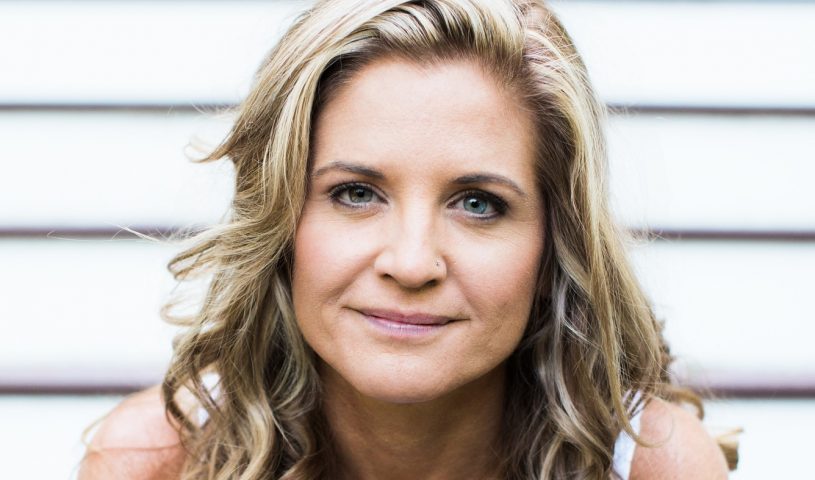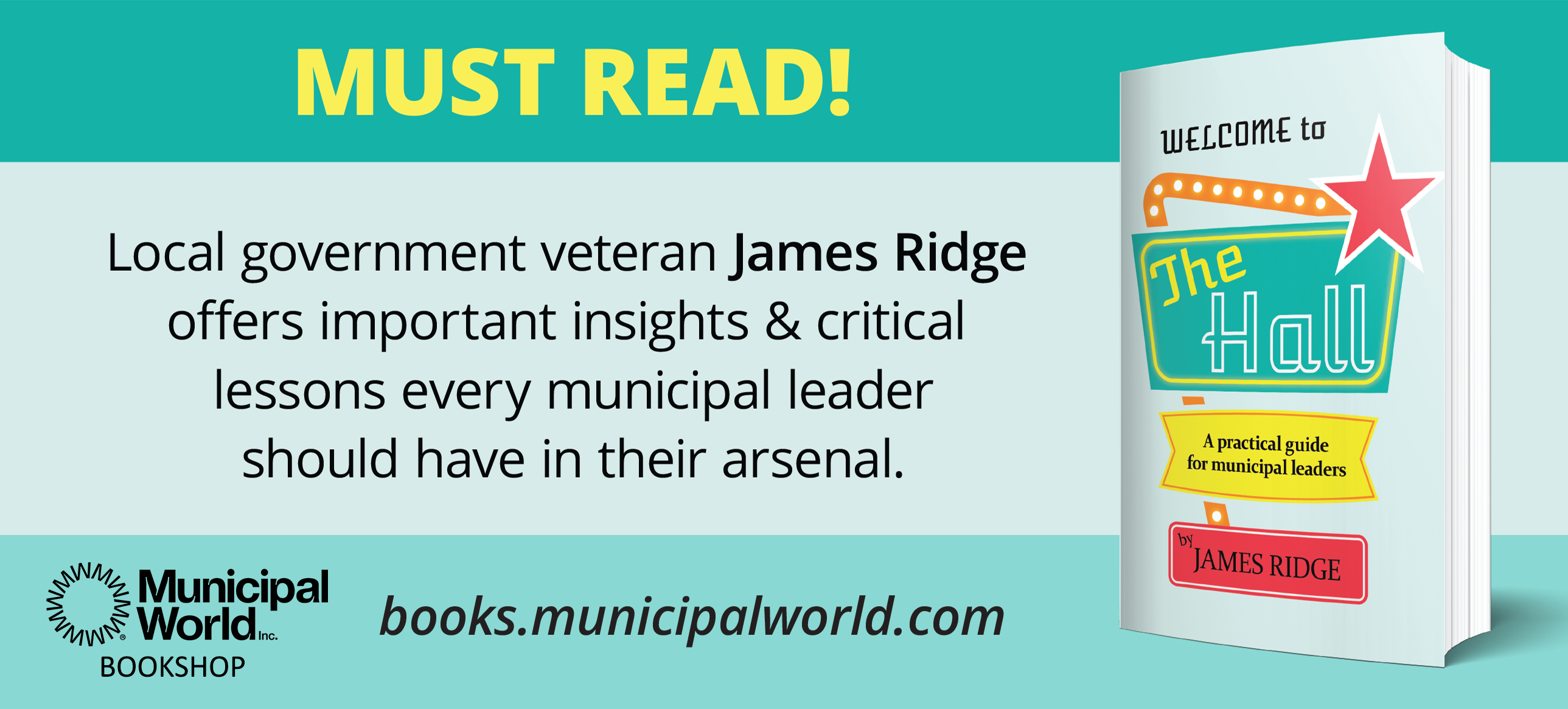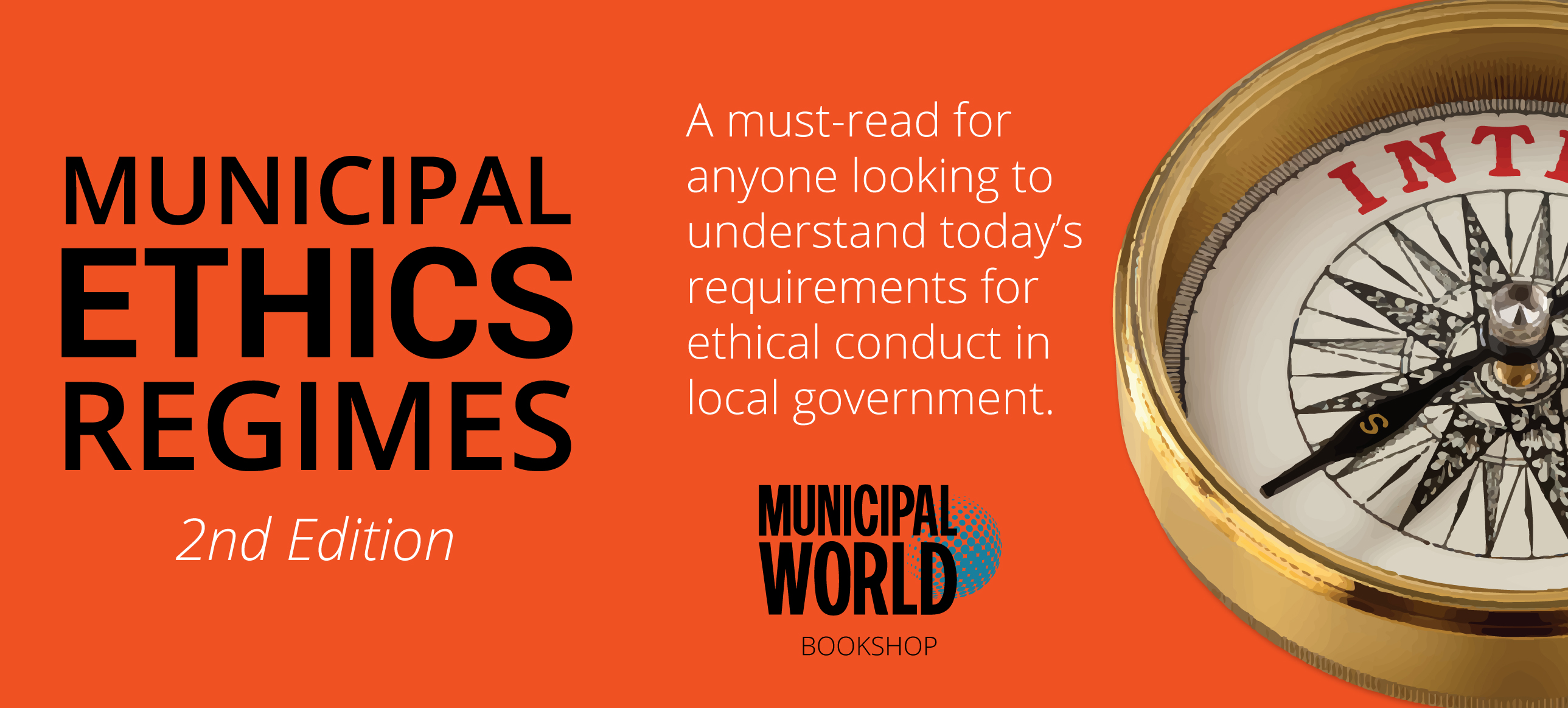Untamed: Glennon Doyle offers advice to women in local government
 Glennon Doyle is a multi-time bestselling author who spoke about the challenges faced by women in local government during the League of Women in Government Symposium on day one of the 2020 ICMA virtual conference.
Glennon Doyle is a multi-time bestselling author who spoke about the challenges faced by women in local government during the League of Women in Government Symposium on day one of the 2020 ICMA virtual conference.
Glennon Doyle is a multi-time bestselling author and activist with some 1.2 million followers on Instagram. She has attracted the attention of countless admirers for her ongoing commitment to championing society’s most marginalized communities.
All that success may just stem from her ability overcome her own personal disappointments, addiction, depression, and – perhaps most challenging – other people’s expectations.
“I had to leave behind everything I knew of family, of marriage, of my career, of my faith, just everything, and start this new and beautiful life that was of my own creation,” Doyle said during her address to the League of Women in Government’s forum on day one of the 2020 ICMA virtual conference. “I realized I had just been living … what everyone else told me to do: ‘This is what a good Christian does. This is what a good wife does. This is what a straight person does.’ The first time I ever felt comfortable in my own skin was the first time I allowed myself to have something outside of my social conditioning.”
Championing the Role of Women
Doyle took the lessons she learned from her challenges and applied them to not only becoming a leading authority on building community, but on championing the role women have in leading the world toward global change.
During her conversation with ICMA President and Boulder, Colorado City Manager Jane Brautigam, Doyle said women need to take hold of their own power. This means overcoming the misogyny, homophobia, and systemic racism they often face every day.
She explained that is often complicated by a system that pushes women to accept less than their potential. Boys, she said, are taught in moments of uncertainty to look inside of themselves and say something. Girls, however, are trained in every moment of uncertainty to look outside for permission, for consensus.
Overcoming Systemic Indoctrination
The ability to overcome this systemic indoctrination – which also is addressed in her latest book, Untamed – doesn’t mean “going feral,” but rather that over time women have been gaslit out of who they are and that needs to end.
“We see what happens when women lose ourselves, the world loses its way. We need angry women. Every time a woman comes to me in a speaking event and says they are struggling with their anger, I’m like why, are you struggling with joy?” Doyle said. “Anger is a normal human emotion. We imagine that if we are angry there is something wrong with us instead of considering that when we are angry it might just mean there is something wrong out there that we need to help fix.”
Glennon explained that she had to go outside the cultural norms to shape what was right for her.
This message extends to women in the local government sphere today as the wider culture and a society still tend to not their imagination or their anger. And so, how do women form what Doyle described as “a cadre of sisterhood to empower one another” and to be allies for each other.
Trusting Your Instincts
Glennon recalls being on a Zoom call when a man started to react to one of the women in the meeting in a dismissive manner. She said it is a feeling that every woman on the call knows all too well. Five years ago, she explained, she would have just sat there, unwilling to rock the boat. All too often, women are conditioned to make men comfortable, to not say the thing that will make them uncomfortable.
However, that is leaving women “out to dry,” which she said can no longer be the response. And so, she spoke up.
“I just trusted that feeling in myself, right. The minute I did all the other women are like, yes, and additionally, me too. And how many times have I not done that? How many times did I let that moment go by?” Doyle said. “That stuff needs to be done in the moment, in the meeting. We need to have each other’s backs. We need to stop worrying that we’re overreacting. We’d been under-reacting for so many hundreds of years that if we overreact for a few hundred years, that will be fine.”
Understanding When to Talk, When to Listen
Translating this mindset to the local government sector can seem daunting when taken one person at a time.
To that point, Doyle said when she is around the table at meetings (well, Zoom meetings pretty much take the place of those she joked) she always considers who is in the meeting. Inevitably she asks herself if she is at a meeting where she’s the person with the least privilege. That often would only really happen if on a call with all men – or perhaps all straight women. If that is the case, Doyle explained, then she is going to make sure she’s talking a lot.
If, however, she is at a table where she is the most privileged person, then it is time to listen.
“Right now is listening time for people of privilege. Listening and holding space. When a person with more privilege interrupts a person with less privilege, everybody better interrupt that person,” Doyle said. “And soon, if we keep doing this, if we keep banding together, if we keep having each other’s backs, we will get to the place where that kind of dismissiveness, misogyny, homophobia, all of this will become uncomfortable in meetings instead of the rest of us being uncomfortable all the time. It’ll switch.”
Trust Yourself – You are Good
When considering what key message she would want delegates to take away with them, Doyle pointed first to her own life, and the lives of so many of her friends. From the day they were born, she explained, women have been given the message “from a million different ways, a million different places,” that they cannot trust themselves. That who they are is not good enough.
Doyle said she learned this lesson in a Sunday school class with the story of Eve. She also learned it in every commercial since that said her body had to look different than her body. It was like, she said, there’s no part of her that she could just let be what it was.
So when women spend their entire lives controlling every fiber of their physical, emotional, spiritual, and mental being, it is essentially a lifelong lesson that they cannot trust themselves. And that, she added, is where she wants women to focus their energies on changing for tomorrow.
“I would just love is to suggest the idea that, what if we could trust ourselves? What if we actually are good? What if we can trust ourselves?” Doyle said. “That would be my hope; that we just take ‘what if’ and stop controlling ourselves and just start trusting ourselves.” MW
✯ Municipal World Insider and Executive Members: You might also be interested in Sean Meyer’s article: SheAO Symposium spotlights women’s municipal sector challenges. Note that you can now access the complete collection of past articles (and more) from your membership dashboard.
Sean Meyer is Senior Content Editor for Municipal World. During his 25-year career in journalism, Sean has covered municipal politics in several small and medium-sized communities and gained an understanding of the structure and political framework of government.
Related resource materials:



